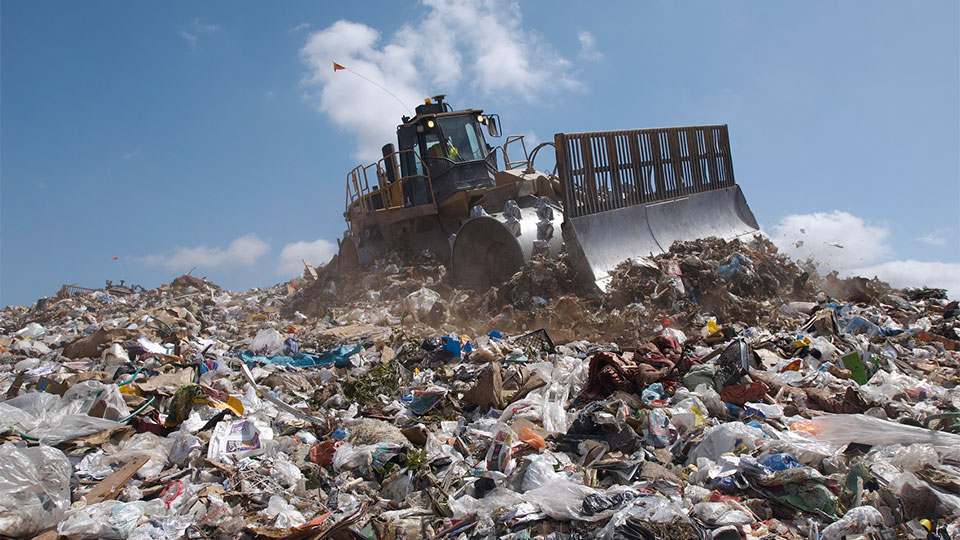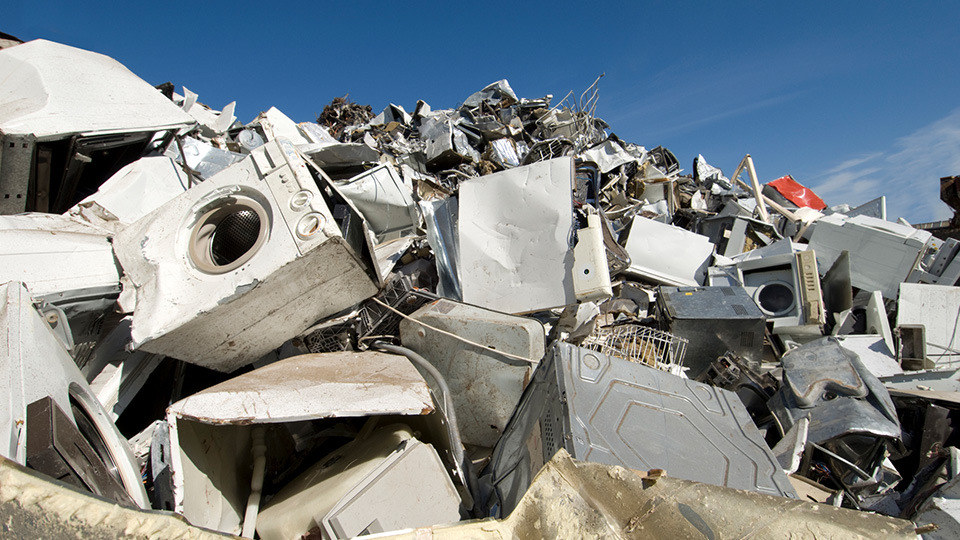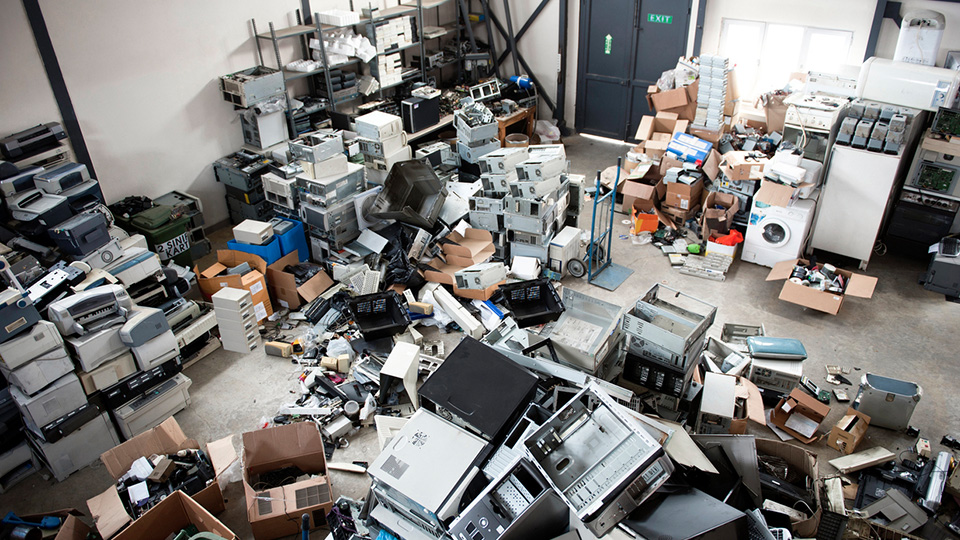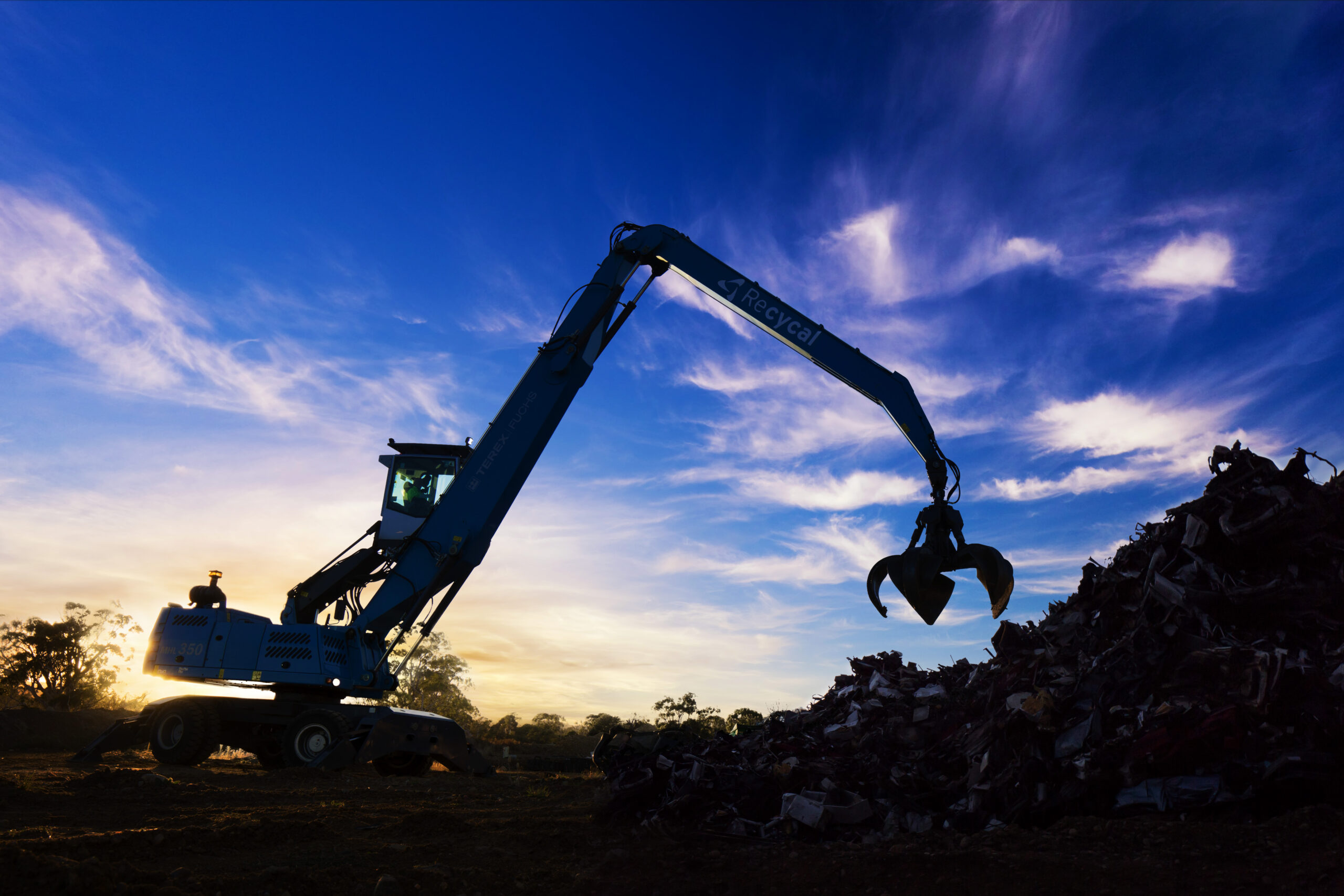Did you know Australians produce 1 tonne of plastic waste every minute but only 11.8% gets recycled?
All of that unrecycled plastic, plus all the other types of waste out there, eventually ends up polluting our beloved beaches, parks and the great outdoors — something we all want to avoid.
Recycling is one of the most effective ways you and your family can help protect the environment, whether it’s throwing a drink bottle in the recycling bin or taking an old laptop to your council drop-off point.
As the saying goes, many hands make light work, so even the smallest changes in behaviour can have a big impact when everyone pitches in.
Here are some fun facts on why recycling is important:
Recycling cuts landfill waste
Australia produces more and more rubbish every year, with much of it bound for our inundated landfill sites.
In fact, Australia generated 67 megatonnes (Mt) or 67 million tonnes of waste in 2016-17, according to the latest official figures.
During that year, we recycled 37 Mt or about 55% of our total waste — that’s up from 52% in 2010.
That’s not bad but one way to boost our national recycling efforts even further is by recycling lesser-known recyclable products like old batteries and laptops.
Recycling protects the environment
Recycling not only keeps rubbish away from our parks and beaches but also prevents dangerous materials from contaminating the environment.
For example, mercury-containing fluorescent tubes and compact fluorescent lamps largely end up in landfill, with only about 5% of fluoros getting recycled, according to FluoroCycle.
So how can you recycle fluoros? Well, it’s as easy as checking with your local council or the Recycling Near You website and dropping them off at your closest collection point.
We can protect the environment and prevent health hazards by recycling fluoros and other mercury-containing products like batteries and electronic waste rather than discarding them into the general bin.
Recycling recovers non-renewable resources
Mobile phones have become so popular in Australia that there are an estimated 31 million mobile devices active in Australia, according to the Australian Mobile Telecommunications Association (AMTA).
More surprising is that there are over 23 million unused mobile phones hidden away in our drawers and cupboards, even though they can be recycled.
We can recover 99% of the materials in recycled mobile phones, returning plastic, metals and other materials into the supply chain to be made into new products.
By recycling 50,000 mobile phones, we could save 99 tonnes of mineral resources and 19 tonnes of CO2 emissions, says AMTA.
Recycling reduces future costs
Recycling also keeps costs down on future products.
Creating new products out of recycled materials is more energy-efficient than mining new materials and processing them.
Take aluminium cans as one example: recycling a soft drink can saves 95% of the energy it would take to make new metal from bauxite ore, according to Alcoa.
Recycling is important
As you can see, there are many reasons why recycling is important, especially mercury-containing items that require extra care.
Ecocycle is Australia’s leading mercury recycler, offering commercial-scale recycling programs for batteries, lighting, e-waste and other types of mercury-containing waste.
If you’re a business or large organisation that needs help with recycling mercury-containing waste, give us a call on 1300 32 62 92 or fill out the form below.





